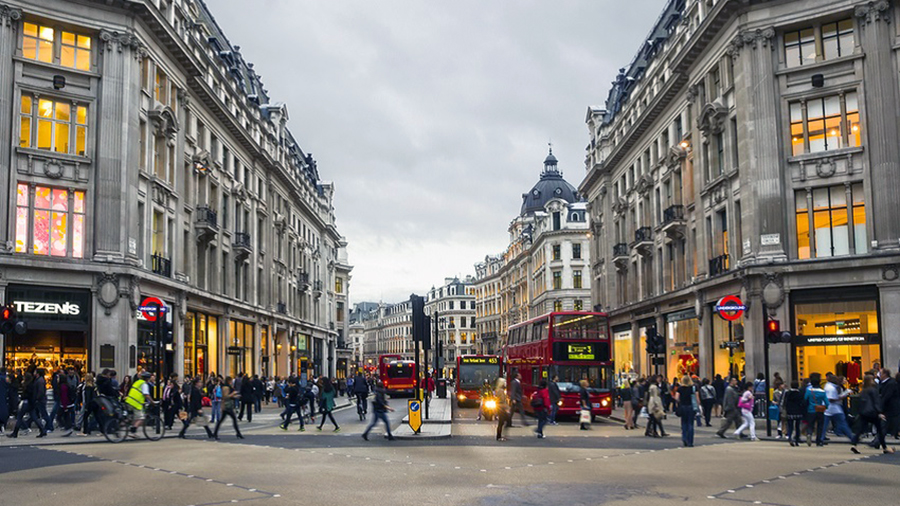The British Retail Consortium (BRC) has responded to the UK Office for National Statistics recently released inflation picture for November that indicated the Consumer Prices Index (CPI), also known as Headline Inflation, rose by 2.6 percent in the 12 months to November 2024, up from 2.3 percent in the 12 months to October.
“Headline Inflation rose once again last month. November’s figures were driven primarily by increased inflation rates on fuel, clothing and footwear,” assessed Kris Hamer, director of insight for the BRC. “There was some welcome news for those shopping around early for Christmas presents, as furniture and household equipment remained in deflation, albeit not quite as low as in October. Food inflation did rise marginally, though customers would have been glad to see the price of certain meats such as pork, lamb, and beef fall in price during the month.”
The Consumer Prices Index, including owner occupiers’ housing costs (CPIH), rose by 3.5 percent in the 12 months to November 2024, up from 3.2 percent in the 12 months to October. On a month-over-month basis, CPIH rose by 0.2 percent in November 2024, compared to a fall of 0.1 percent in November 2023.
The Headline Inflation figure rose by 0.1 percent m/m in November 2024 versus October 2024, compared with a month-over-month decline of 0.2 percent in November 2023 versus October 2023.
The most significant upward contribution to the monthly change in CPIH and CPI annual rates reportedly came from transport, with a further sizeable upward effect in CPIH from housing and household services.
Core CPIH, excluding energy, food, alcohol, and tobacco, rose by 4.4 percent in the 12 months to November 2024, up from 4.1 percent in October; the CPIH goods annual rate rose from negative 0.3 percent to positive 0.4 percent, while the CPIH services annual rate rose from 5.6 percent to 5.7 percent.
Core CPI, excluding energy, food, alcohol, and tobacco, rose by 3.5 percent in the 12 months to November 2024, up from 3.3 percent in October; the CPI goods annual rate rose from negative 0.3 percent to positive 0.4 percent, while the CPI services annual rate was unchanged at 5.0 percent.
“Retailers are doing their utmost to deliver an affordable Christmas for their customers in the face of global price pressures,” Hamer continued. “For an industry that operates on low margins, £7 billion of increased costs from higher employer NI, National Living Wage and new packaging levies, cannot simply be absorbed, despite retailers’ best efforts, and will inevitably lead to price rises, job losses and more empty stores on our high streets.
“Retailers are watching the Government’s proposed change to business rates closely, and it is essential that it leaves no store paying more in rates than before. By protecting shops, the Government can support retailers as they invest in keeping shops open and keeping prices down,” continued Hamer.
Image courtesy Oxford Street
















